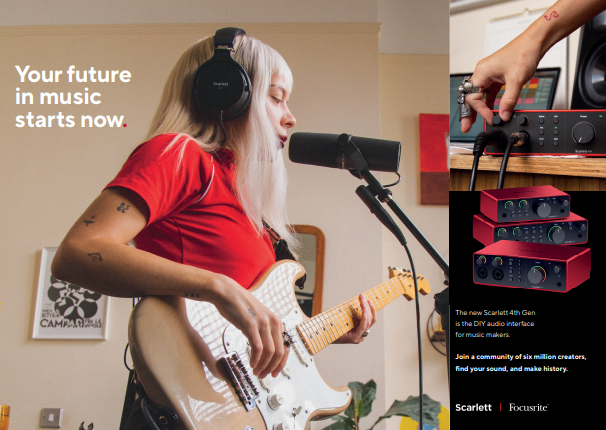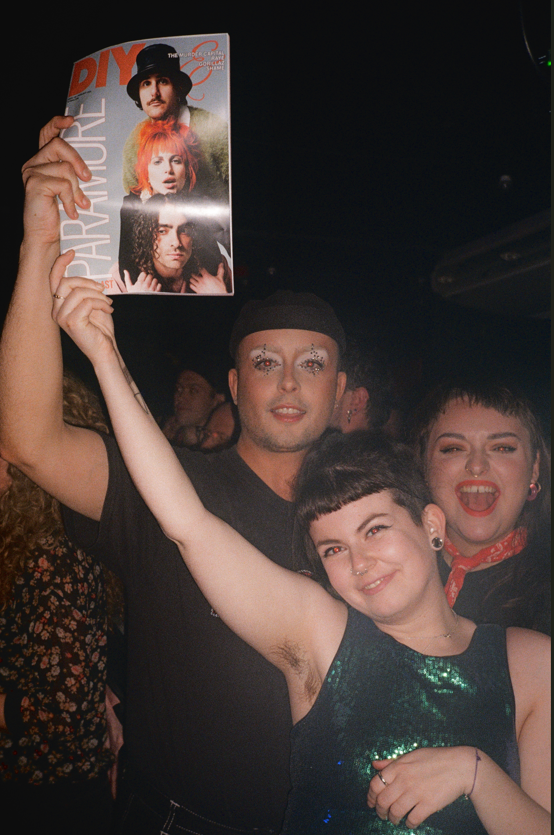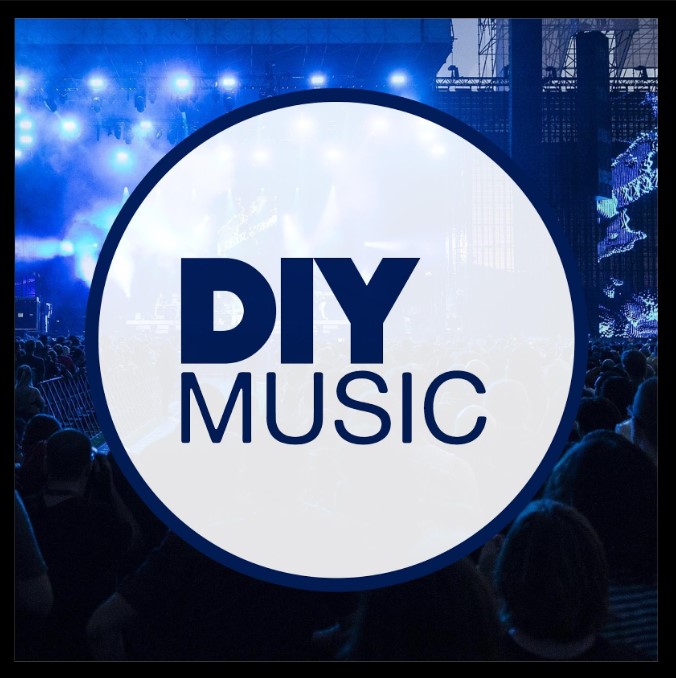Artist-Brand Partnerships: Building Fans for Life
Artist-brand partnerships are more than just buzz—they’re about creating lifelong fans of your brand. Music has the unique ability to ignite passion and connect people on an emotional level, and when brands harness this power, they can engage customers and cultivate loyalty in ways that go beyond traditional advertising. By forming partnerships with musicians, brands can create a lasting emotional connection that not only drives brand recognition but also enhances cultural relevance.
The Benefits of Music Partnerships
Partnering with a musical artist can provide numerous advantages for your business.
Leverage Expertise: With access to the artist’s network and resources, your brand can improve product quality, distribution, or marketing efforts.
Brand Awareness & Reach: Partnering with an artist allows you to tap into their dedicated fan base and network, significantly boosting your brand’s visibility.
Brand Image & Reputation: Aligning with a credible, influential musician elevates your brand’s image, showing that you are culturally relevant and attuned to current trends.
New Revenue Streams: Through collaborations, you can create exclusive products or services tailored to the artist’s fan base, generating new sources of income.
Customer Loyalty & Engagement: Offering unique or personalized experiences, like behind-the-scenes access or special content, helps deepen customer engagement, turning one-time buyers into loyal fans.
Types of Music Partnerships
When it comes to music partnerships, there are two main types that brands often pursue:
Sponsorship: A brand financially supports a musician, band, or music-related event, often in exchange for exposure and recognition. For example, sponsoring a stage at a music festival or a live-streamed concert allows for brand integration through content creation, which can then be amplified across multiple channels, including social media and paid ads.

Artist Endorsement: In this type of partnership, a musician or music-related entity promotes or recommends your brand’s products or services to their fan base. This builds credibility through association with an influential figure and helps position your brand within a trusted space.
How to Find the Right Music Partner
Finding the perfect music partner for your brand can seem daunting, but following a structured approach can make the process smoother:
- Identify Your Target Audience: Start by defining who your ideal customers are and understanding their music preferences. This will help you find an artist whose fan base aligns with your audience’s tastes and values.
- Research Potential Partners: Look into potential artists or music-related companies that have a strong presence in the industry and share your brand’s vision. Evaluate their past and current partnerships to ensure they’ve built credibility and relevance within their musical niche.
- Craft Your Pitch: Once you’ve identified potential partners, reach out with a partnership proposal that clearly outlines the mutual benefits. Highlight how this collaboration will engage both of your audiences and create valuable experiences for their fans.
- Negotiate the Terms: Once interest is established, work together to define the partnership’s scope, duration, budget, and deliverables. This ensures both parties are aligned on expectations from the outset.

Best Practices for Successful Music Partnerships
To maximize the success of your music partnership, keep the following best practices in mind:
- Align Goals & Values: Ensure that both your brand and your music partner share similar goals and values. A strong cultural and thematic alignment leads to a more authentic collaboration.
- Choose the Right Format: Select a partnership model—endorsement or sponsorship—that fits both your brand’s objectives and the artist’s style, ensuring the partnership feels organic and mutually beneficial.
- Develop a Clear Strategy: Create a detailed plan that outlines the responsibilities, timelines, and deliverables of each party involved. A well-organized strategy helps keep the collaboration on track.
- Promote the Partnership: Publicize your collaboration through various channels (social media, emails, events, etc.) to engage your target audience. A unified marketing push maximizes impact.
- Monitor & Evaluate Performance: Regularly assess the results of the partnership. Use metrics such as social media engagement, sales increases, and brand sentiment to track success and learn from both positive outcomes and challenges.
Final Thoughts
Music partnerships offer brands a unique opportunity to connect with consumers on a deeper, more emotional level. By partnering with artists who share your brand’s values and vision, you can unlock a new avenue for growth, creativity, and loyalty. By following best practices and carefully managing the partnership, your brand can create long-term, meaningful connections that go beyond traditional advertising.
